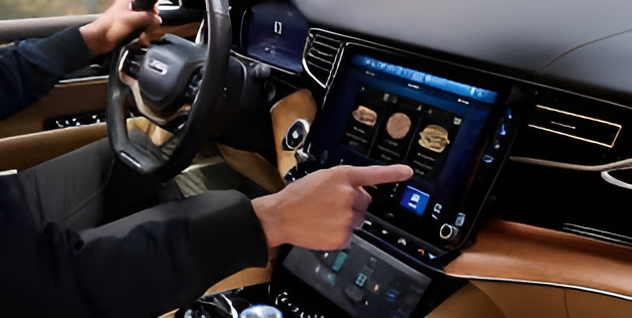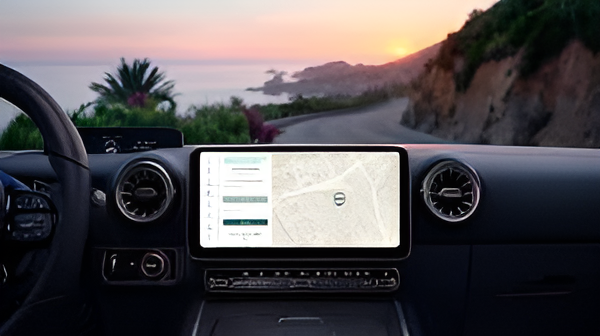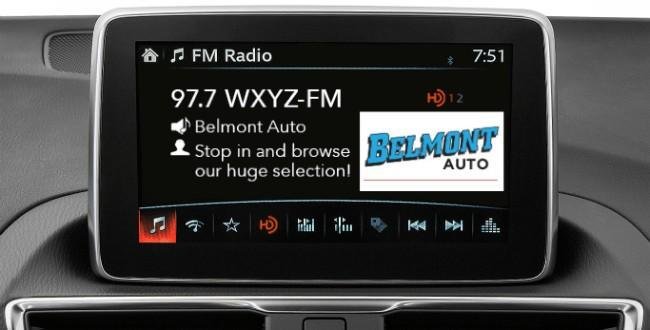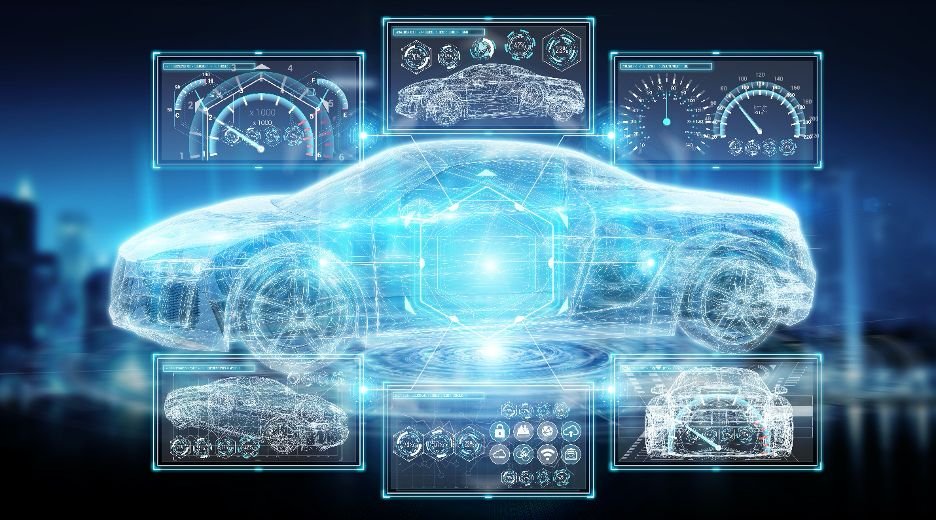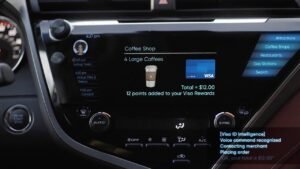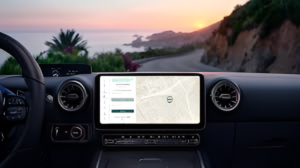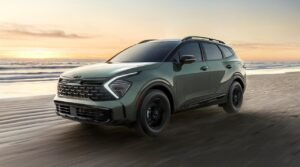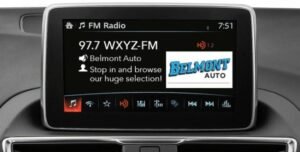The automotive industry is undergoing a dramatic transformation toward in-car commerce, with JPMorgan predicting vehicle-based payment volumes will reach $86 billion by 2025, according to a new Point72 Ventures report released in August 2023. The study reveals that 95% of new vehicles sold globally will be connected by 2030, up from approximately 50% today.
Connected vehicles represent a $230 billion opportunity from the 135 million US workers spending an average of 51 minutes daily in their cars. The research indicates a significant shift in how consumers interact with their vehicles, with 16.7% of commuters now connecting to the internet through in-dashboard systems, up from 11.4% the previous year.
“OEMs are looking for new ways to monetize and alter their models as hardware becomes commoditized and new tech-forward players enter the space,” notes the report, highlighting Tesla’s market performance trading at 8.0x EV/NTM Sales compared to traditional automakers’ 0.9x median.
Major automotive manufacturers are actively repositioning themselves:
- General Motors is phasing out Apple CarPlay in favor of its own infotainment system
- Mercedes launched Mercedes pay+ in Germany through a Visa partnership
- Ford, Honda, and Renault-Nissan-Mitsubishi Alliance are shifting to Android-based systems
The study identifies four key challenges for widespread adoption:
- Merchant connectivity and integration
- Telemetric data management
- Driver attention competition with smartphones
- Safety concerns around in-car transactions
Consulting firm McKinsey estimates that connectivity could generate up to $310 in revenue and $180 in cost savings per vehicle annually by 2030.
The report suggests that automakers are focusing on electrification, automation, connectivity and shared mobility to prioritize their transformation efforts.
“We believe we are in the early innings of this space and more needs to be built out on the infrastructure side to create a net new payments ecosystem around vehicles,” the report concludes, noting that success will require building better merchant connectivity, stronger data understanding, and safer driver experiences.
Consumer data indicates strong potential for adoption, with 82% of consumers willing to share navigation and mobility data, compared to lower percentages for social media (58%), fitness (50%), and media streaming (46%).




